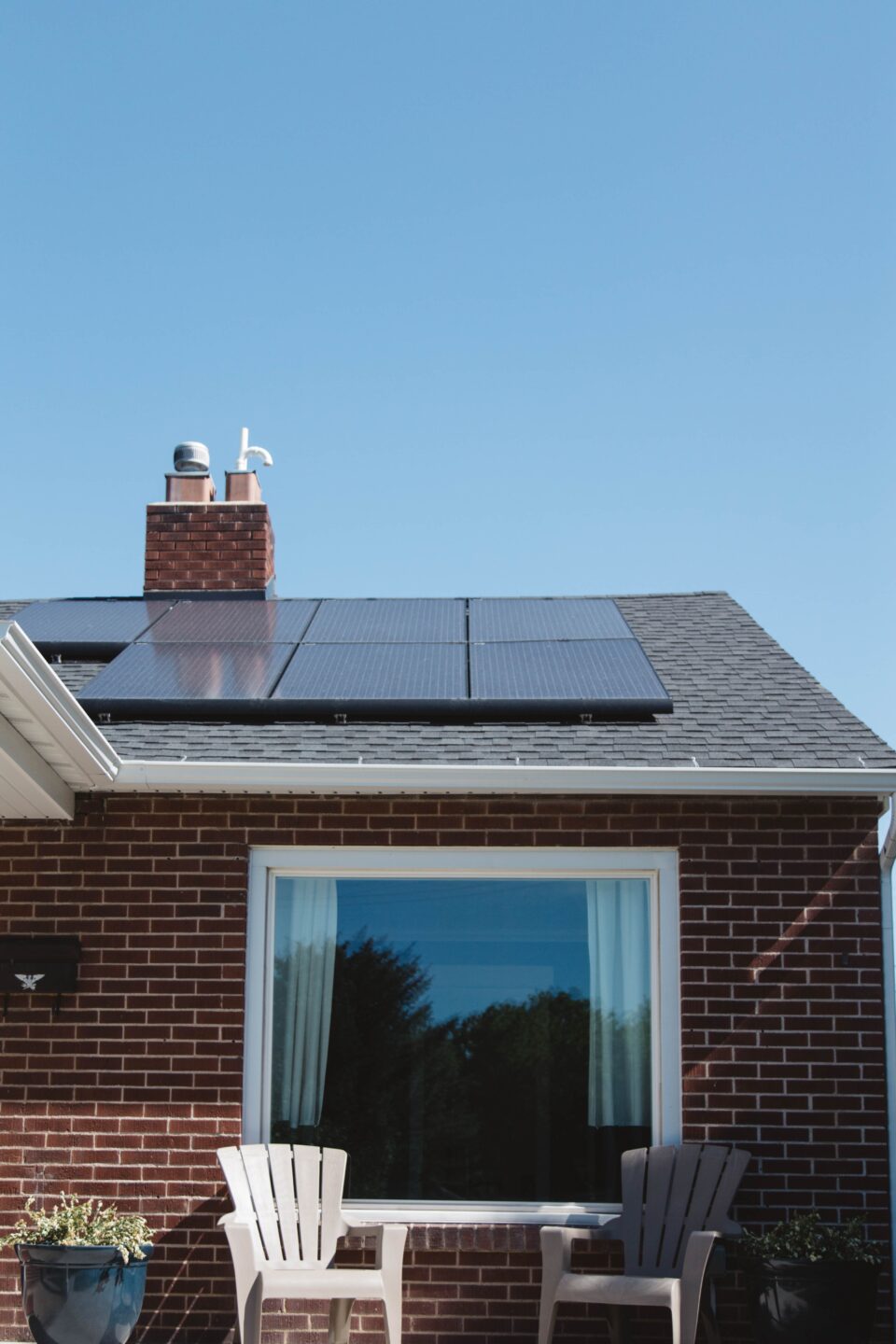Can you imagine the windows in your home being a source of electricity? You may not have to strap a solar panel on your roof to generate electricity.
New technology can turn windows into an active energy source. Scientists from the federal polytechnic, Lausanne, Switzerland, have invented dye-sensitized solar cells (DSCs), creating new business possibilities for transparent solar panels.
The DSC converts light into energy using a photosensitive dye attached to the surface of a semiconductor. Semiconductors make the solar panel opaque. Also, DSCs can be used in windows, smartphones, glass facades, and greenhouses because it is transparent. DSCs are also inexpensive, flexible, and can be made traditionally via roll-printing techniques.
The transparent solar cell’s measurement is by their light usage efficiency, which indicates the amount of light energy hitting the window is obtainable as electricity or as transmitted light on the interior side.

Scientists from Incheon university in south Korea devised a transparent solar by replacing semiconductors in the solar panel with Titanium dioxide (TIO2) and Nickel oxide (NIO). The South Korean team’s technology was only efficient enough to charge smartphones. Meanwhile, Ubiquitous energy in the USA used the same technology to create a superior transparent solar panel.
The Ubiquitous energy coats the surface of the ordinary glass with organic layers that can convert ultraviolet light and infrared light into electricity. Also, the Ubiquitous technology coatings prevent heat from the sun and reduce cooling costs in a building. They plan to license their technology to numerous glass producers.
Another technology is ClearVue in Australia, which allows visible light to pass through glass while infrared and ultraviolet light deflects and converts to electricity. ClearVue claimed their transparent solar glass could generate 30 watts per square meter. If incorporated into a house, it can power an office.
In summary, the transparent solar panel is safe because it is less likely to ignite, does not require separate space for installation, prevents heat, reduces the cost of cooling, and is easy to maintain.